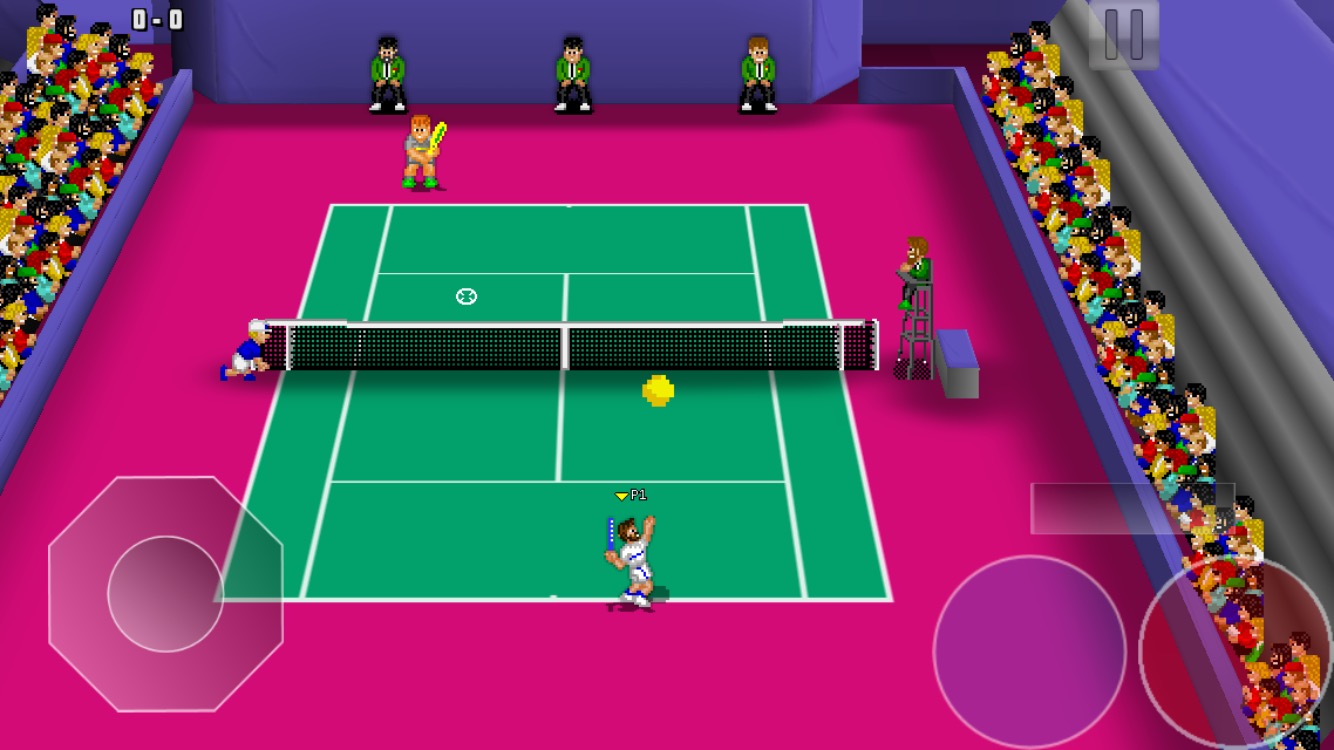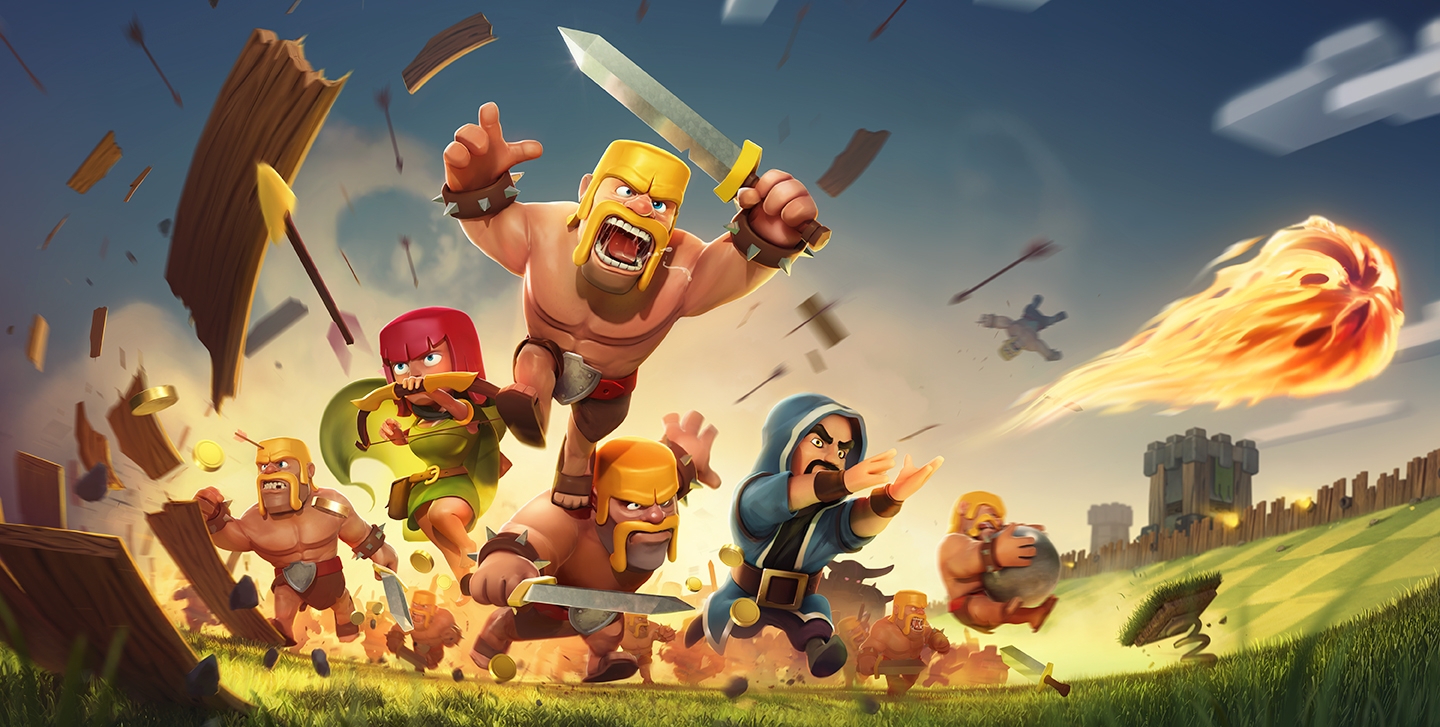Pay-to-win is a flawed concept, overused by critics of free-to-play games. It’s true that to reach the top levels of many free-to-play games, you’ll have to spend money. But these games are hardly a direct correlation between money spent and top players. And where do you draw the line for someone spending money on a hobby they enjoy, which is what many of these games provide?
Pay-to-win itself is a misnomer; it’s more of a pay-to-play-at-high-levels factor. Clash Royale is a good example of people frightened of pay-to-win in theory. You do have to amass larger and larger quantities of cards to upgrade them to be more powerful, and to earn more XP toward getting higher-power crown towers. In theory, could someone spend a ton of money to buy their way to the top echelon? Sure. They could trounce their way through the lower levels with massively-upgraded decks and deliver the wrecking hammer to all that oppose them. That is possible, it’s a feature of free-to-play games.
But like many things in life that are possible in some extreme scenario, the reality is far different. To “pay-to-win" in Clash Royale would cost immense amounts of money to buy a deck outright that would trounce everyone. We’ll ignore the tournament mode restrictions here. There’s few people with the money – and fewer with the desire – to buy hundreds of magical chests to create those super-decks. And the player base already is pretty large that you’re likely not running into the kinds of people who are out to wreck you just as a matter of course to get into the higher ranks. The overwhelming majority of matches are with people of similar skill and power.
And even those people who do pay to get to the top ranks? They might not know how to actually play the game well. Someone who has the proper skill and practice to use the cards they’ve earned well enough to win are always going to have the advantage. In Clash Royale in particular, you can gain certain advantages with your cash. But even leveled up cards will give you only slight edges. There’s not a card that can insta-win. Everything can be countered, and anything too powerful will be tweaked to be more fair at some point.
This is true of pretty much any other competitive free-to-play game. CCGs in particular: you can buy the cards that get you an amazing competitive deck, but if you don’t know how to play the game well, then you will get trounced. Sure, you can get up to Town Hall 11 in Clash of Clans (Free) but you won’t necessarily have the resources or support to help your base and clan be the best. Even something like Candy Crush Saga (Free) is getting tackled by people who otherwise aren’t gamers who aren’t spending.
The reality is that it’s more of a “pay-to-compete" system. And that’s kind of true of anything. Emily Greer, CEO of Kongregate, puts this well in presentations she does talking about free-to-play monetization. She talks about the profile of a big spender in a free-to-play game, and reveals that she’s talking about her figure skating habit. The prestige is that any hobby has its expenses, whether it be figure skating or free-to-play games. Hobbies are often something you can do with a low entry cost, but a dedicated person that wants to get good at it can spend a lot to do it at a high level. And there are some people that want to get engaged in and involved with hobbies that they want to do at a high level. That doesn’t diminish what more casual people are doing. And free-to-play games are just like that. People can get involved at shallow levels, but people who want to engaged at a deeper level? They’ll want to buy specialized things so that they can participate at the higher level that they want to do it at.
And here’s the dirty truth: even the ‘good’ free-to-play games do this. MOBAs that mostly t restrict the characters you have unlocked? Sure, you can enjoy them for free, but if you want to play with one hero when they’re out of rotation, or want to have a cooler-looking skin? You’ll want to spend money on it. And there’s even secondary things that the casual user doesn’t need that a person who wants to have improved will spend money on. Ever spent money on a gaming mouse, a fight stick, or mechanical keyboard? Or a better-looking monitor or sound system? That’s all borne from the exact same desire that free-to-play whales spend their money on: the desire to buy things that will make their experience better. All that free-to-play developers figured out was how to make that spending by the dedicated players go toward them.
To be fair, I can understand how free-to-play and many of the pushier games can be annoying. I am sympathetic to the annoyances of downloading a cool new game and seeing how it wants to make money in an annoying way. Some social RPGs can be cool, but yeah, seeing that there might be a 6-star thing to get that’s difficult to obtain can be a bit discouraging at the start. And a lot of uncreative, conservative decisions have come out of the woodwork for game releases and game design. It’s hard to imagine that some of these studios want to make Clash of Clans clones, but investors might just keep saying “Hey, that game is popular, make that!" At least with CCGs, it’s possible to make significant variations to build something different than Magic the Gathering or Hearthstone (Free). Or maybe the Clash clone developers need to do more to stand out from their opposition.
To be honest, would the ideal reality be one where games can be enjoyed for free and people who pay only get cosmetic advantages? Sure. But the problem is that human nature has pretty much determined that when people don’t have to pay for free-to-play games, they won’t. Even MOBAs with character unlocks are hardly ‘optional’, just fair with them. The games that get away with 100% optional models get away with low overhead and massive download numbers. Mediocre, developers of Smash Hit (Free), are one such example, and they are a tiny outfit.
But even at its worst excesses, pay-to-win ain’t so bad. Sure, it looks bad if you’re someone who’s always been able to afford buying enough games to keep you satisfied. But not everyone has been that way. There’s plenty of poor people even in first-world countries that now have access to cool games and what their friends are playing. And there’s people in less-wealthy countries that now have access to gaming and culture because they don’t have to pay up front. Maybe these games are making money off of high-ranking players, but that’s still a significant minority of these player bases. And I still don’t think that the number of paid games in the style of what people once wanted is in any danger of going away. After all, we are in the age of part-time game developers. There’s still so many games and countless numbers of games for anyone who wants to enjoy them.

While there are some stories of addiction and fraudulent purchases, I think any hobby can lead to fraud and poor financial decisions. At a certain point, you can’t fix stupid. And I think that calling any successful game pay-to-win belittles the tastes of people. Popular stuff doesn’t necessarily tend to be the absolute best (see music) but most people want something accessible with hidden depth. And I think that many of the successful free-to-play games out there do that the best. I know Clash Royale does that particularly well, and it’s gonna win over some skeptics. To be honest, the top-grossing gambling games leave me uneasy because it feels like it’s dealing with something that can be actually addictive and without the payouts that come from real-world gambling. Even then, it’s possible for adults to enjoy gambling responsibly, and hey – we all don’t live in Vegas.
Maybe you don’t like this future, but I think the people who complain about pay-to-win need some perspective about just what they’re complaining about. The reality of free-to-play in competitive contexts is far more benign and in touch with reality than the complainers talk about. And even if you hate any game with optional purchases, there’s still a ton of paid games without IAP out there. Maybe if you want this market to excel, you’ll just have to invest some money into furthering your cause. Gee, why does that concept sound familiar?
